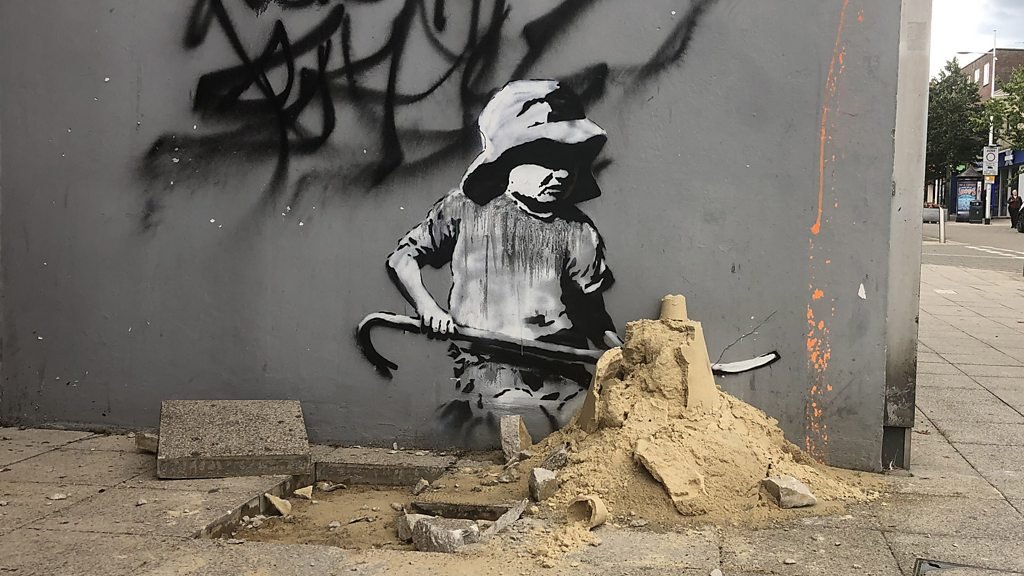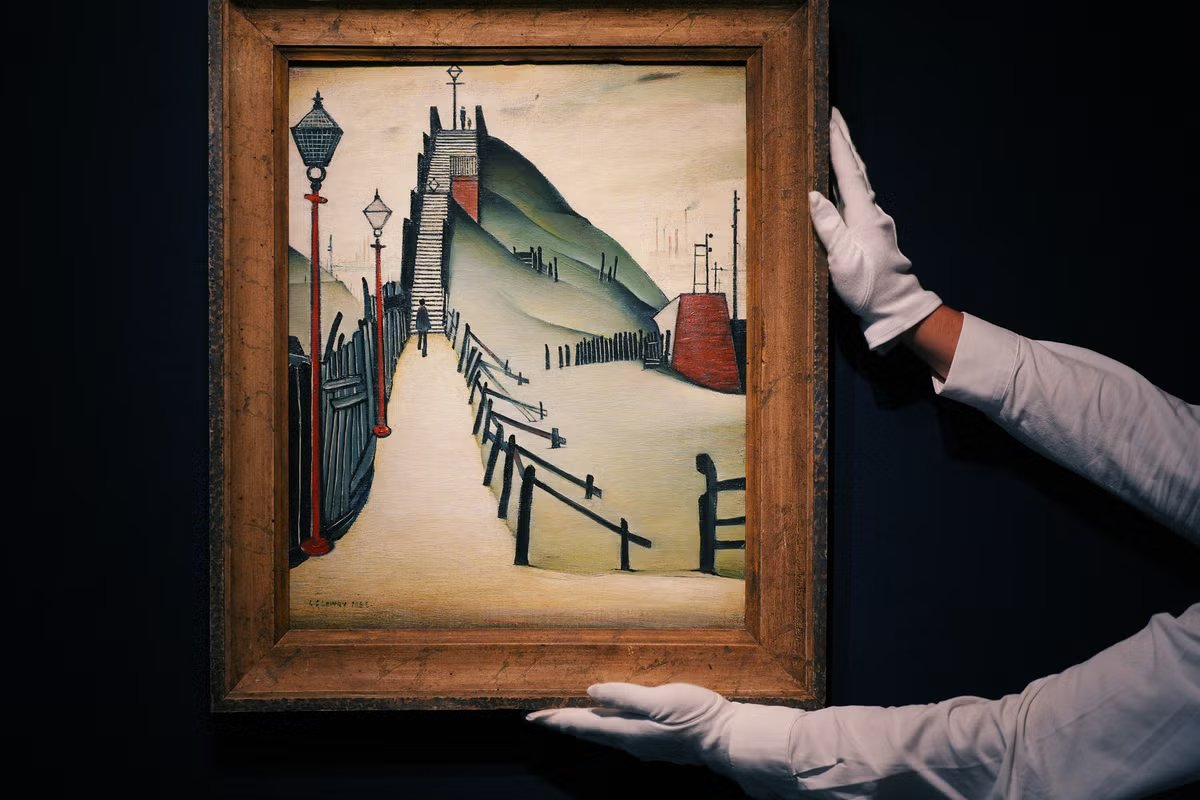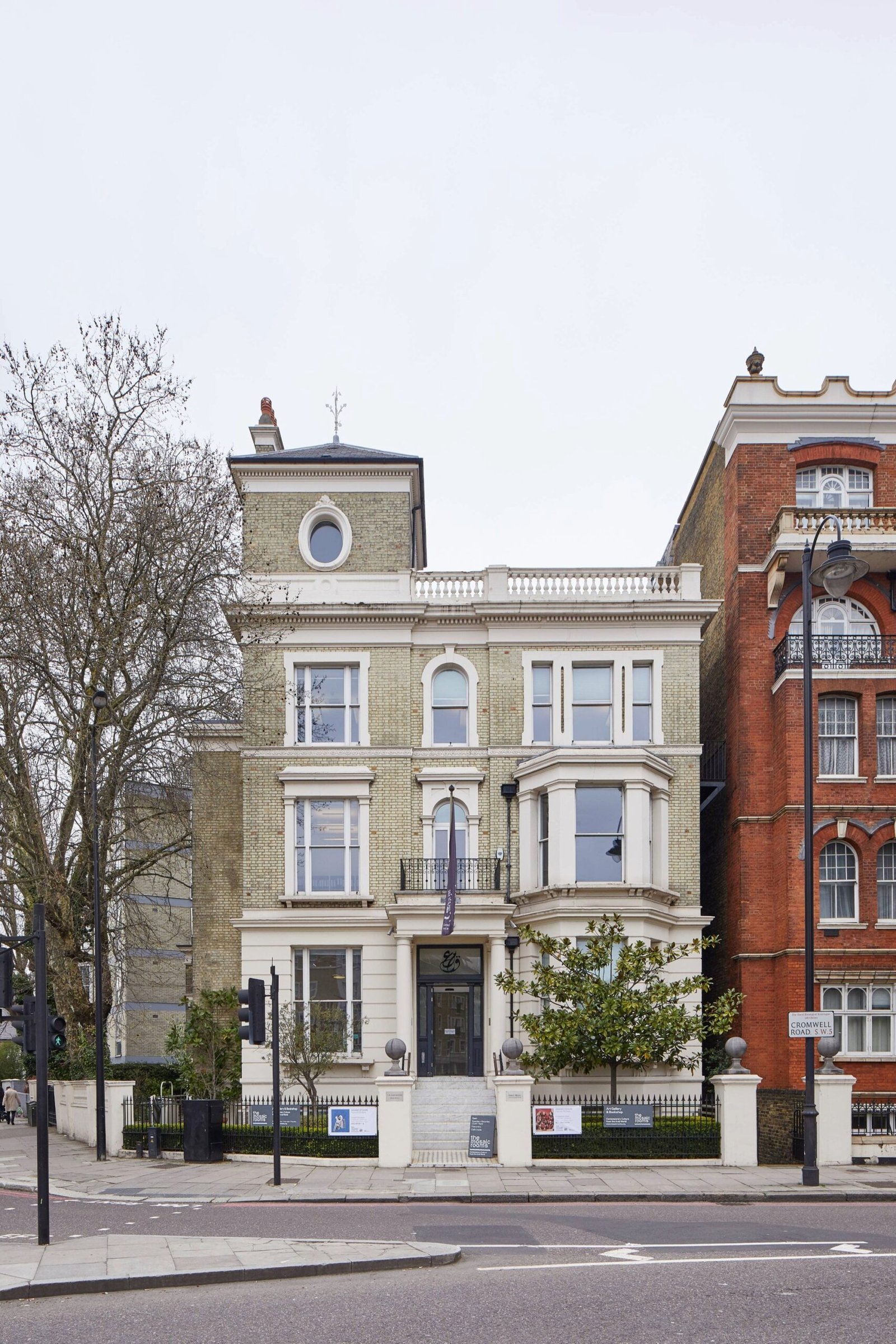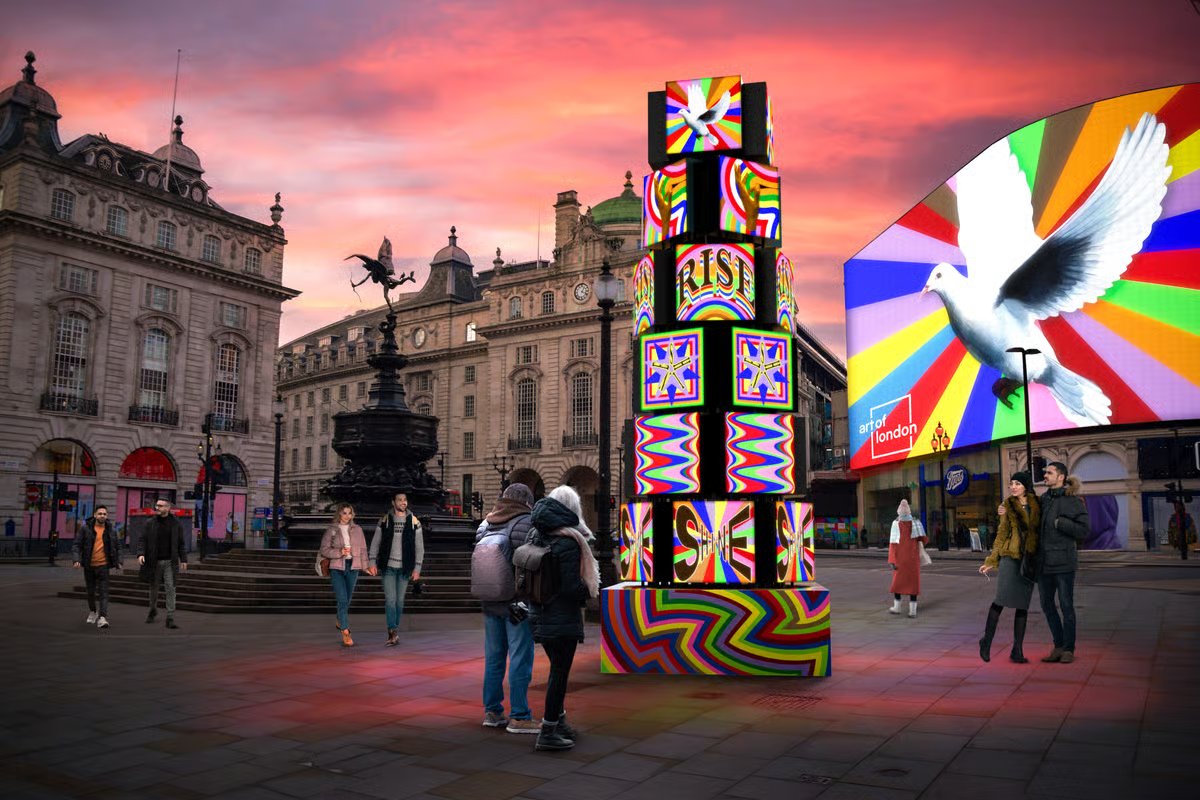Museum and culture professionals have criticised a report by BBC Midlands on the value of the artwork collection held by Birmingham City Council, which is in special measures after failing to balance its books last year.
Published on 6 September, the article said that a BBC investigation had found that “Birmingham City Council owns an artwork collection valued at almost half a billion pounds”.
“But none will be sold off to help tackle the financial challenges at the council which declared it was effectively bankrupt last year,” the article continued.
The article covered the news that the independent commissioner in charge of overseeing Birmingham’s financial recovery, Max Caller, has backed a decision by the council to protect its artworks, following earlier suggestions that the collections could be included in a fire-sale of public assets.
The article said that this pledge to protect the collections came “despite commissioners’ comments […] which warned the council did not ‘have sufficiently robust plans to balance the budget in 2025-26 and subsequent years’”.
The article said the council had initially refused to reveal the value of its artwork collection, which is managed by Birmingham Museums Trust.
The BBC wrote: “Having initially refused to supply the value of the publicly owned art collection to the BBC, the Information Commissioner’s Office ordered the council to reveal the £451m value under the Freedom of Information Act.
“The scale of the council-owned art collection was also revealed and included 1,430 paintings, 560 sculptures and 25,924 works on paper as of January.”
Joanna Marchong from the Taxpayers Alliance, a low-tax pressure group, told the BBC that Birmingham Museums had acquired 61 new artworks since 2021 and said: “If we don’t put our foot down now, who’s to say that they will always view artwork as a priority instead of actually delivering frontline services and helping the people that truly need it.”
The article has sparked a backlash in the museum and culture sector, with professionals strongly criticising the BBC’s framing of the issue and its implication that publicly owned collections can be sold off to plug funding gaps.
Bernard Donoghue, the CEO of the Association of Leading Visitor Attractions, described the coverage as “appalling journalism”.
In a statement on X, he added: “BBC property portfolio is worth millions. Properties in almost every UK city. Broadcasting House complex on Portland Place in central London is worth tens of millions but you still ask for licence fee increases. See? It’s not quite that straightforward.”
Cultural heritage professional Anooshka Rawden said: “These are assets that belong to the city, not a local authority, and once gone, they’re gone forever. Culture and heritage delivers massive economic and social benefits as do the museums and galleries that house them.”
The controversy comes weeks after a joint statement issued by Arts Council England, backed by sector bodies including the Museums Association, stating that “museum collections should not be sold for financial gain”.
The statement said: “The [MA’s Code of Ethics] and Accreditation make it clear that financially motivated sale from collections is only ethical in rare and exceptional circumstances. The overriding expectation in all cases of disposal is that collections should remain in the public domain.”
MA director Sharon Heal has previously said that the association is “seriously concerned about the possibility of unethical sales from collections, especially at this time of unprecedented financial pressure on the sector”.
She said: “Collections cannot and must not be seen as financial assets to be sold at whim when times are hard.”
A BBC spokesperson said: “A number of different viewpoints were expressed in the story, in line with our usual high standards on impartiality, and many audience members had their say, offering a range of opinions.
“Quotes from the city council, Birmingham Museums Trust and The Pre-Raphaelite Society were all included. All stressed the importance of the art collections to the city of Birmingham and its residents.”
Enjoy this article?
Most Museums Journal content is only available to members. Join the MA to get full access to the latest thinking and trends from across the sector, case studies and best practice advice.







